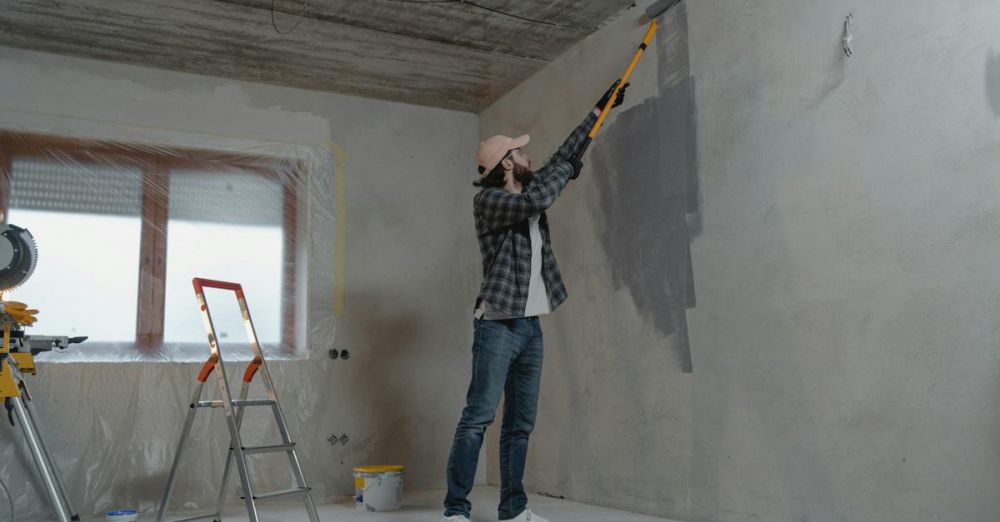Home renovation projects are a great way to improve the functionality and aesthetics of your living space. Whether it’s updating the kitchen, remodeling the bathroom, or adding a fresh coat of paint to the walls, there’s no denying that home renovations can be exciting and rewarding. However, one question that often comes up is whether it is cost-effective to DIY these projects. In this article, we will explore the pros and cons of DIY home renovations and help you determine if it’s the right choice for you.
The Pros of DIY Home Renovations
1. Cost Savings: One of the biggest advantages of DIY home renovations is cost savings. By doing the work yourself, you can eliminate the need to hire contractors or pay for their labor. This can significantly reduce the overall cost of the project, making it more affordable for homeowners on a tight budget.
2. Sense of Achievement: DIY renovations can be incredibly satisfying, as they allow you to take control of the project and see your vision come to life. From planning and designing to executing the work, every step gives you a sense of achievement and pride in your home.
3. Flexibility: When you DIY a home renovation, you have the freedom to work at your own pace and schedule. You can choose to tackle smaller projects over time or dedicate a weekend to completing a larger renovation. This flexibility allows you to fit the renovation around your other commitments and responsibilities.
The Cons of DIY Home Renovations
1. Time-consuming: DIY home renovations require a significant amount of time and effort. Depending on the complexity of the project, you may need to invest several weekends or even months to complete the work. This can be challenging for those with busy schedules or limited free time.
2. Lack of Expertise: Unless you have experience in home renovations, there’s a good chance that you may not have the necessary skills and knowledge to complete certain tasks. This can lead to mistakes, delays, and even additional expenses if you have to hire a professional to fix any errors.
3. Safety Risks: DIY renovations can also pose safety risks, especially when it comes to electrical, plumbing, or structural work. Without the proper training and equipment, you may put yourself and your home at risk. It’s crucial to assess your capabilities and know when it’s best to call in a professional.
Determining if DIY Home Renovations are Cost-effective
To determine if DIY home renovations are cost-effective, you need to consider several factors. Firstly, assess your skills and expertise in the specific area of the renovation. If it’s a simple project that you have experience with, such as painting or installing new fixtures, DIY may be a viable option.
Next, calculate the potential cost savings of DIY compared to hiring a professional. Research the average rates for contractors in your area and compare it to the cost of materials and tools needed for the project. Remember to account for any potential mistakes or additional expenses that may arise from DIY.
Finally, consider the time and effort required for the renovation. If you have the time and enjoy working on DIY projects, the sense of achievement and personal satisfaction may outweigh the cost savings. However, if you have limited time or the project is complex, it may be more practical and cost-effective to hire a professional.
Conclusion: Making an Informed Decision
In conclusion, DIY home renovations can be cost-effective under the right circumstances. They offer cost savings, a sense of achievement, and flexibility in your renovation timeline. However, they can also be time-consuming, lack expertise, and pose safety risks. To make an informed decision, assess your skills, calculate potential cost savings, and consider the complexity of the project. Ultimately, the choice between DIY and hiring a professional should be based on your capabilities, time availability, and budget constraints.

